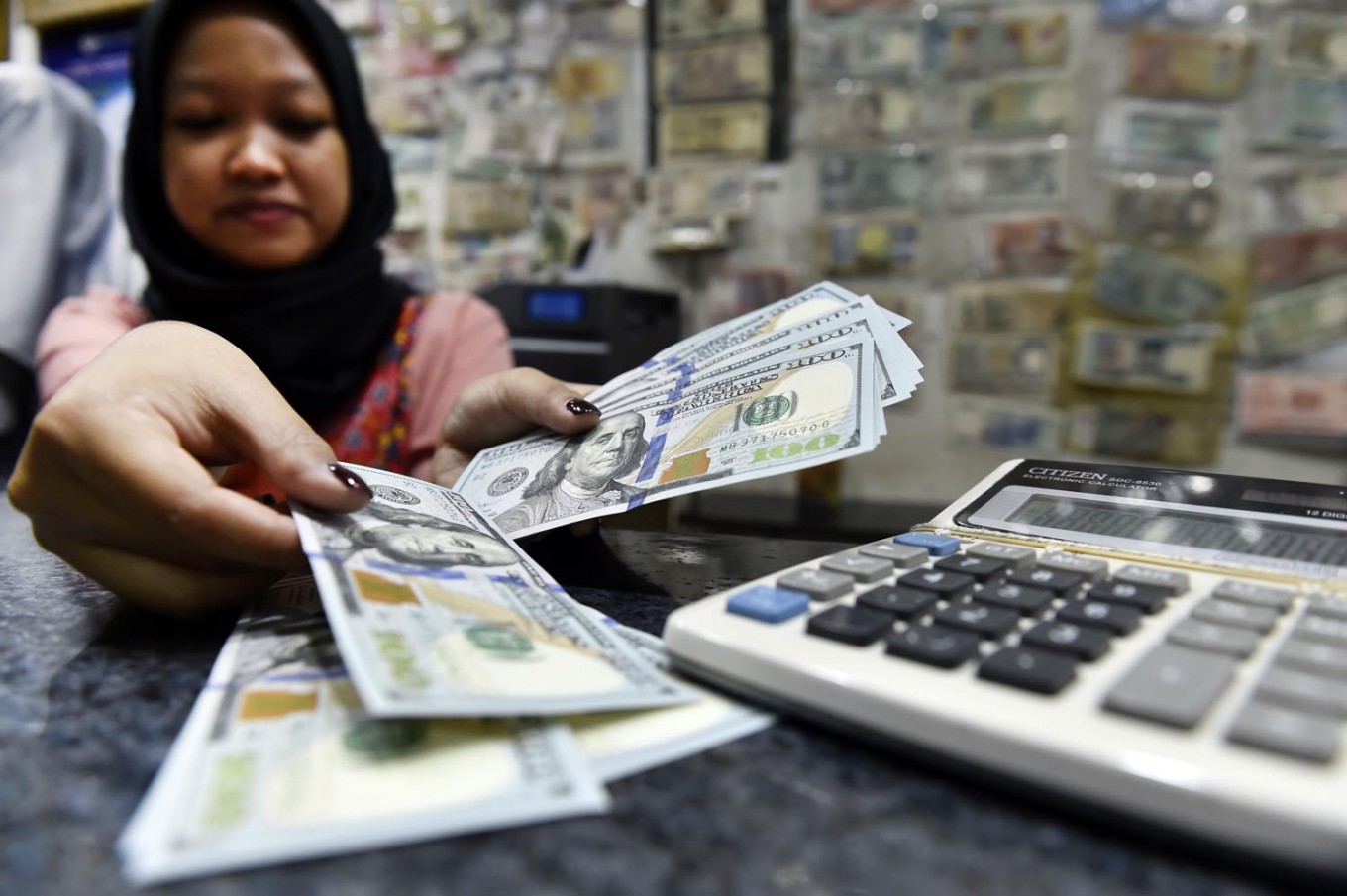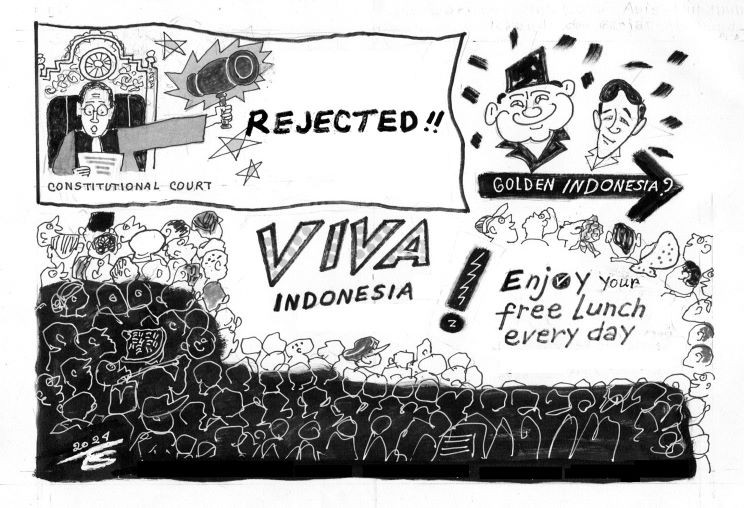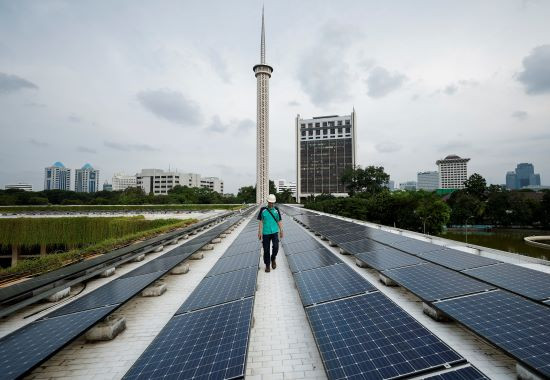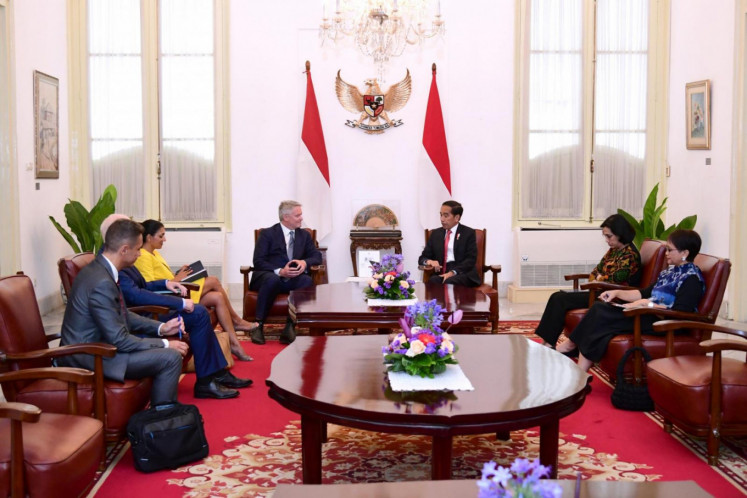It's all about confidence
The problem is an acute lack of trust, not a shortage of dollars.
Change Size
 A money changer serves a customer at ITC Kuningan shopping center on Feb. 28. (Antara/Puspa Perwitasari)
A money changer serves a customer at ITC Kuningan shopping center on Feb. 28. (Antara/Puspa Perwitasari)
A
s the rupiah fell by about 10 percent to Rp 15,000 to the US dollar, considered to be the psychological barrier, and the rout in other emerging markets seems to linger on, fear has gripped some people to such an extent that it prompted them to insinuate that it harkens back to conditions during the political and economic crisis in 1998.
The problem is an acute lack of trust, not a shortage of dollars, because the government had initially been very slow in addressing the negative market sentiment in most emerging economies caused by the cascading impact of the US’ Federal Reserve’s money tightening, the contagion from the financial crises in Turkey and Argentina, the US-China trade war and the upward trend in oil prices.
It is a bit of relief, though, to see that the government has been jolted to take a series of bold measures to rebuild trust in the strength of the economic fundamentals. Yet, most important is that the government should go all out to check inflation to protect the purchasing power of the common people.
Our main problem is that the current account deficit (the balance of trade in goods and services) worsened in the second quarter at a time when the market had been gripped by fear of the contagion from the crises in emerging economies Turkey and Argentina, and the global economic uncertainty has worsened due to the US-China trade war. All this, combined with US Fed money tightening, has generated pressure on the rupiah.
We should guard against a steep depreciation of the rupiah because of its adverse impact on macroeconomic stability, because about 50 percent of the fiscal deficit is financed by foreign portfolio (short-term) capital through government bonds. A fairly stable currency is important to curb inflation because Indonesia imports 60 percent of its daily oil need of 1.6 million barrels.
The beauty of an extremely difficult situation is the strong will of the government to initiate bold reforms. The government has taken the bull by the horns, restricting imports of tertiary consumer goods, cutting fuel imports (the main driver of the trade deficit) by using more palm oil-based biodiesel, launching more coordinated efforts to bolster tourism, substituting imported basic materials such as steel, nickel and alumina with local products and reinvigorating exports of major commodities such as coal and palm oil.
But these efforts are not enough. Bank Indonesia (BI) and the Financial Services Authority should tighten the supervision of the forex market to ensure that all forex purchases are supported by underlying transactions. BI has actually issued many rulings that make it rather impossible for big currency speculalations.
But the results of these efforts will be felt only in six months and they would be less effective if people do not give the government the benefit of the doubt and not panic. The blunt fact is our condition is now much stronger than in 2013 when the rupiah plunged 25 percent and way healthier than 1998 when the rupiah melted, losing 600 percent of its value.









